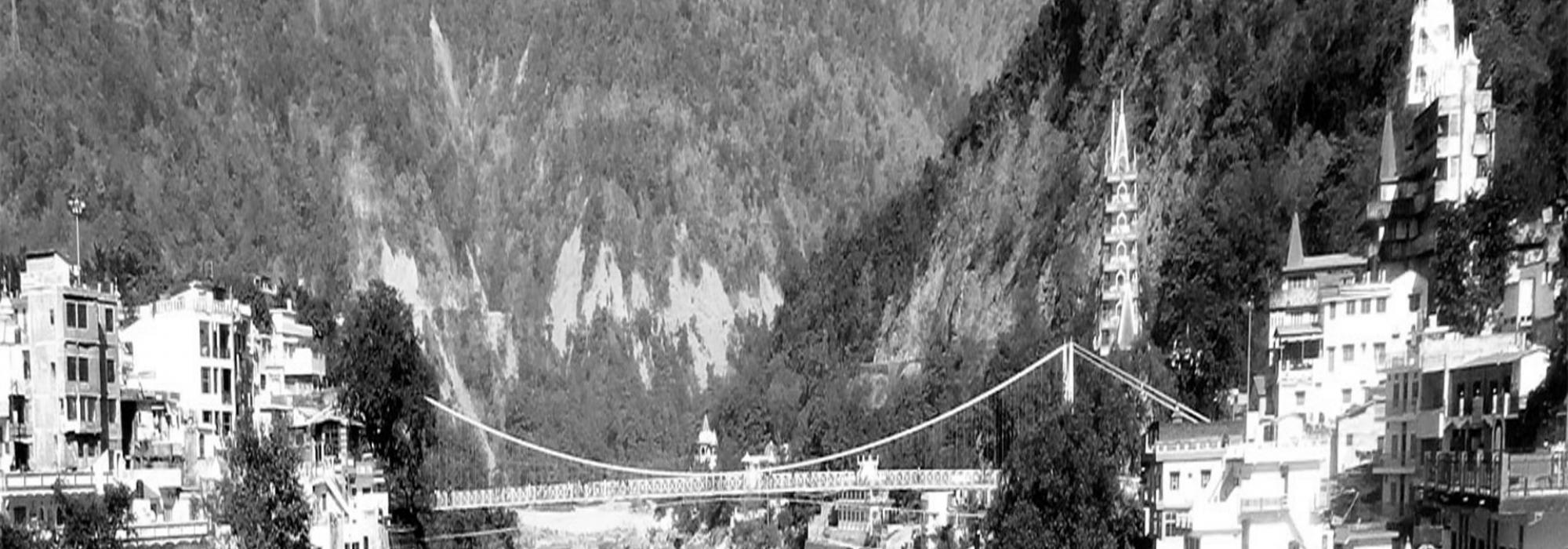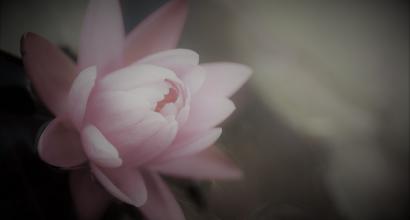Selfless Karma
Who should follow the principle of not wanting results for one’s duties? Those who are seeking mokṣa. How many of us are wishing for mokṣa? Surely, the number of people wishing for material things vastly exceeds that. We all desire something or the other. They may all be noble desires. For instance, those indulging in wrongdoing must be destroyed; we as a country should grow our own food; we have to establish ourselves well in the world; attain glory and so on. We perform—indeed we have to perform our duties to attain these desires. A man desirous of mokṣa can also carry out all these duties, but he does them independently. This is the meaning of nirāśrayaḥ.
We work towards one or the other goal. Kṛpaṇāḥ phalahetavaḥ — wretched are they who work only with the motive of results. What did our Ṛṣis pray for? Asmin deśe śūro jāyatāmityāha — "May brave people be born in this country, may strong horses be born; may youth capable of discussing in assemblies be born; may they discuss and argue in august assemblies’’ — all this is selfishness from a certain perspective. It might be beneficial, but it is still selfishness. Bhagavān assures Arjuna that pāpa will not attach to him if he performs his duties just for the sake of dharma, to sustain the world.
yadṛcchālābhasantuṣṭo dvandvātīto vimatsaraḥ
samaḥ siddhāvasiddhau ca kṛtvāpi na nibaddhyate (BG 4.22)(He who is content with what comes to him unasked, transcending dualities, free of jealousy, who remains equanimous during attainment or nonattainment of the desired object, will remain free even when he performs worldly duties.)
Duties do not shackle a man who, without fatiguing oneself, is content with what he has, has a state of mind that has risen above worldly love and hate, shunning jealousy, is single-minded, and is of equanimous disposition towards success or failure. Yadṛcchā is something has come to us, as it is our lot; let it be. Dvandvātītaḥ — pāpa and puṇya also constitute duality — but let us not go so far. The duality that we see commonly is that of love and hate. Vimatsaraḥ — without jealousy. Bhagavān says this word again and again. By all accounts, practising it is very difficult; being free of jealousy — anasūyā is hard in this world. Samaḥ siddhāvasiddhau ca — we should not give up activity because the results of our work were not what we expected. We have to try again and again to perform our dharma. He, who carries out his duties with such a mindset, is — kṛtvāpi na nibaddhyate" — not bound by karma.
Karma-yajña
gatasaṅgasya muktasya jñānāvasthita-cetasaḥ
yajñāyācaritaṃ karma samagraṃ pravilīyate (BG 4.23)One who is unattached and is liberated, with his mind established in true knowledge, acts in the spirit of yajñā. All his actions are indeed absolved.
The activity performed by a knower of truth, who is neither anxious for the results nor is excessively passionate, is no different from yajña. All karma, carried out with such a view does not influence the performer of the action in any way and dissolves away completely.
Each and every one of our duties must be carried out in the spirit of the yajña. This is the instruction of the śruti as well — to live with the spirit of yajña. Whenever the word yajña is mentioned, a picture of homa, the sacrificial fire, purohitas chanting mantras and ghee for the oblation comes to mind. That is not just it. All worship is yajña. Grammar dictates the same — "yaj pūjāyām" — the root yaj is used in the context of worship. In practice, yajña usually refers to oblation through fire or an offering. Giving up something we love in order to please another is yajña.
It has been said earlier one should give up the desire for the fruit of an action. However, this feeling—giving up something for a loved one—is easier to grasp. The following verse is well-known.
brahmārpaṇaṃ brahma-haviḥ brahmāgnau brahmaṇā-hutam
brahmaiva tena gantavyaṃ brahma-karma-samādhinā (BG 4.24)
All karma carried out by a jñānī is yajña. All parts of this yajña, all its instruments are manifestations of the Supreme Brahma. The very process of yajña is dedicated to It. The oblation that is poured into such a yajña is Brahma. The fire that accepts it is also Brahma. The person performing the yajña is also Brahma. Thus, the profit gained by a man who is engrossed in selfless, divine duties — brahma-karma, is Brahma itself. The doer, the work and the object are all one with Brahma. All activities of life are, indeed, worship of Parabrahma. Śruti says the same -
tasyaiva viduṣo yajñasyātmā yajamānaḥ śraddhā patnī śarīramidhmam urovedirlomāni barhirvedaśśikhā hṛdayaṃ yūpaḥ kāma ājyaṃ manyuḥ paśuḥ … yanmaraṇaṃ tadavabhṛthaḥ — Mahānārāyaṇopaniṣad
The nature of the yajña of a jñānī is said to be thus — the consciousness of the ātmā is the yajamāna (the performer of the yajña). Only a man with a wife is entitled to perform yajña, therefore śraddhā or devotion is the wife. The body is the fuel; the heart is the yūpa pillar. Desires are ghee, anger is the sacrificial animal — yajñapaśu. The ritual bath taken after the yajña is complete, is avabhṛtha. Avabhṛtha for a jñānī is death. He is not scared of death. Instead, just as a yajamāna feels satisfied after a yajña is completed, he feels gratified that his life is now offered to Brahma.
We saw the same idea in the third chapter as well.
yajñārthāt-karmaṇo’nyatra loko’yaṃ karmabandhanaḥ
tadarthaṃ karma kaunteya muktasaṅgaḥ samācara (BG 3.9)
yajñaśiṣṭāśinaḥ santo mucyante sarvakilbiṣaiḥ (BG 3.13)
Our well-being and happiness are all favours granted by the Supreme. Though it was our hand that did the work, it was the hand of the divine that gave boons. If this much is in our minds, pāpa will not touch us.
Bhagavān is instructing us about the way in which we can perform all karma and yet remain free from pāpa Experience all the pleasures of the world; but do not forget that it is a favour granted by Īśvara. The essence of this instruction is to always remember Brahma.
smṛtimātreṇa yat puṃsāṃ brahma tanmañgalaṃ viduḥ
— Viṣṇu-purāṇa
(Brahma is that which bestows blessings even on men who merely remember It)
yasya smaraṇamātreṇa janma-saṃsārabandhanāt
vimucyate namastasmai viṣṇave prabhaviṣṇave— Viṣṇu-Sahasranāma
(Salutations to him, whose mere remembrance liberates one from the shackles of birth and saṃsāra.)
Even the mere remembrance of Brahma is highly beneficial to us. How is that? The Supreme Brahma is the greatest. If its thoughts fill our minds, pāpa does not enter them.
To be continued...
The present series is a modern English translation of DVG’s Kendra Sahitya Akademi Award-winning work, Bhagavad-gītā-tātparya or Jīvana-dharma-yoga. The translators wish to express their thanks to Śatāvadhāni R Ganesh for his valuable feedback and to Hari Ravikumar for his astute edits.

















































